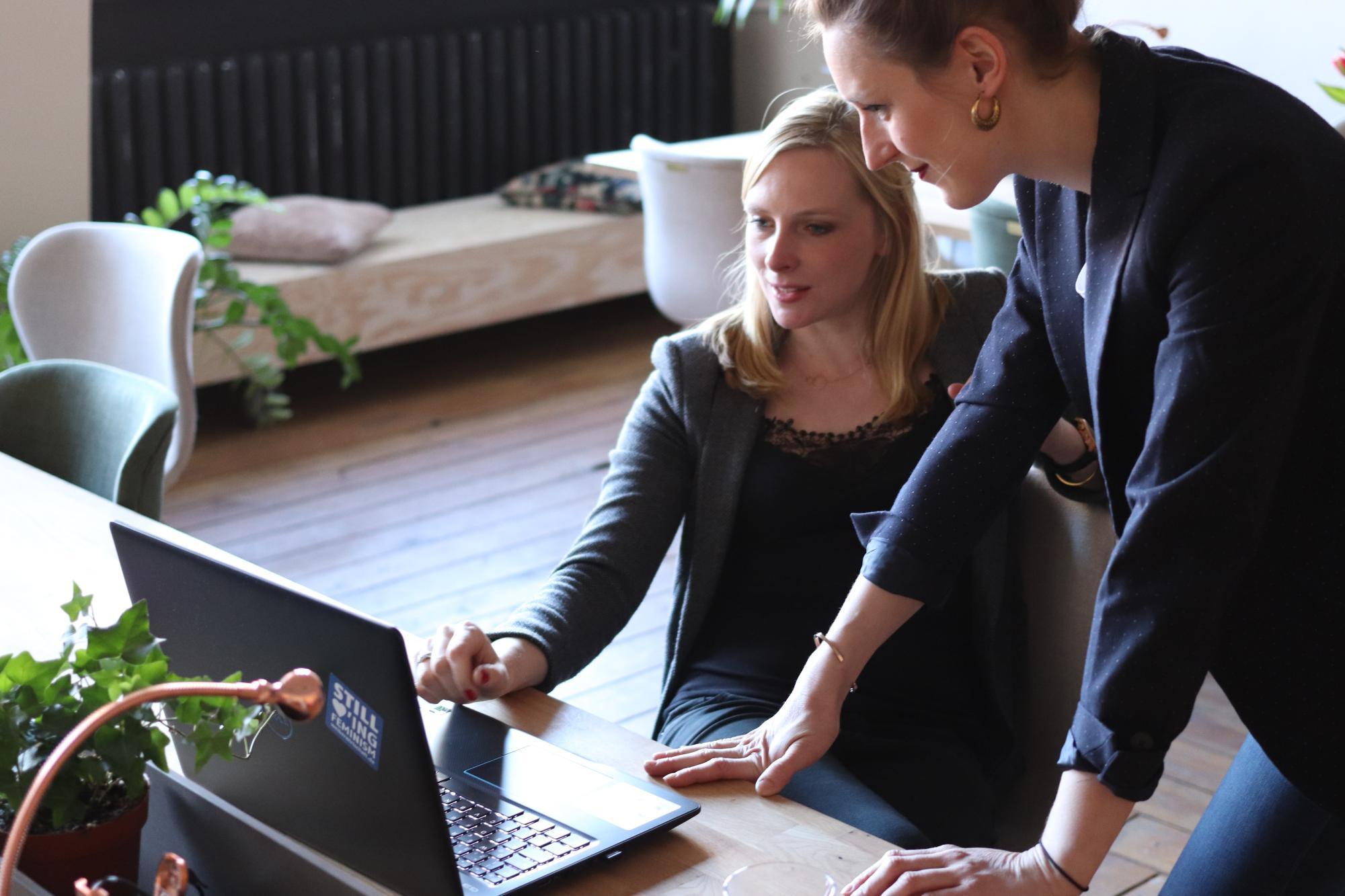
Women are at the forefront of our fight against the coronavirus pandemic, representing 70% of the health and social sector workforce globally. As our economies are facing an unprecedented recession, a massive and coordinated response is required to avoid leaving the economy badly scarred for longer. Women could play a decisive role in the recovery as well. Considering gender equality and empowering women entrepreneurship could help to accelerate and fortify our recovery, especially given that women-led businesses tend to be more productive, faster-growing and innovative. Empowering women’s participation in the labour market and encouraging entrepreneurship could thus add billions to the economy. According to the European Commission, improvements to gender equality could create 10.5 million jobs by 2050 and boost the EU economy by between €1.95 and €3.15 trillion.
In this context, the new report, “Funding women entrepreneurs: How to empower growth”, prepared by the joint EIB and European Commission InnovFin Advisory, provides a sound market overview of the funding landscape for women-driven businesses. It assesses the access-to-risk-capital conditions for these firms and analyses trends in venture capital funding for women-led and women-founded companies in the EU, the United States and Israel. The report is based on data from PitchBook and interviews with market practitioners from the European venture community and other stakeholders.
“Our collective crisis response measures offer a unique opportunity for EU Institutions and the EIB Group to empower growth via targeted advisory support and financing for women-led businesses and to put them on a stronger footing for the future,” said Lilyana Pavlova, EIB Vice-President. “Putting our full weight behind female entrepreneurs makes fundamental sense. In addition, bankers and investors increasingly see that it is not only ethically and socially the right thing to do, but also an engine to empower growth in our economies. In recent years the EIB has put its financial weight behind a series of gender-focused projects in Europe and beyond, but we are well aware that much still remains to be done.”
Persistent funding gap but promising trends
The report finds that women-led start-ups are not funded on an equivalent basis to men-led start-ups. They only account for a small portion of the deal flow and overall volume invested. This is due to the combination of a lack of female representation among founders and investors, gender investment bias and risk aversion. Despite the significant structural disparities, the report finds substantial evidence in support of an optimistic outlook for women entrepreneurs. Overall, the data suggest that the investment climate for women entrepreneurs in the EU is slowly improving, although differences in the overall proportions still exist.
Fewer female entrepreneurs and investors
Across Europe, the report observes a relative lack of female to male entrepreneurs: women represent roughly 52% of the overall population in Europe, but constitute 34.4% of the self-employed in the European Union and 30% of its start-up entrepreneurs. This imbalance goes hand in hand with women’s self-reported preference for sources of self-funding, or “bootstrapping”, and so their businesses would appear to contribute to a smaller demand for external financing at the outset of establishing a new enterprise.
Moreover, women are underrepresented in decision-making roles at venture capital firms. This matters as investment firms with women partners are over twice as likely to invest in women-led enterprises and over three times as likely to invest in enterprises with women CEOs.
Empowering growth and increasing funding for female-led businesses: recommendations
The report proposes and analyses a number of recommendations that could help to accelerate the transition towards a more balanced, accessible and ultimately better-functioning funding environment.
The recommendations include the introduction of new gender metrics in all relevant EU programmes, developing evidence-based policy support, a seal of excellence for investors rewarding gender-based investments, building a European network of “gender-conscious” investors to provide female founders with connections and funding opportunities, and exploring innovative financing solutions like “gender-bonds”.
Follow this news feed: EU





